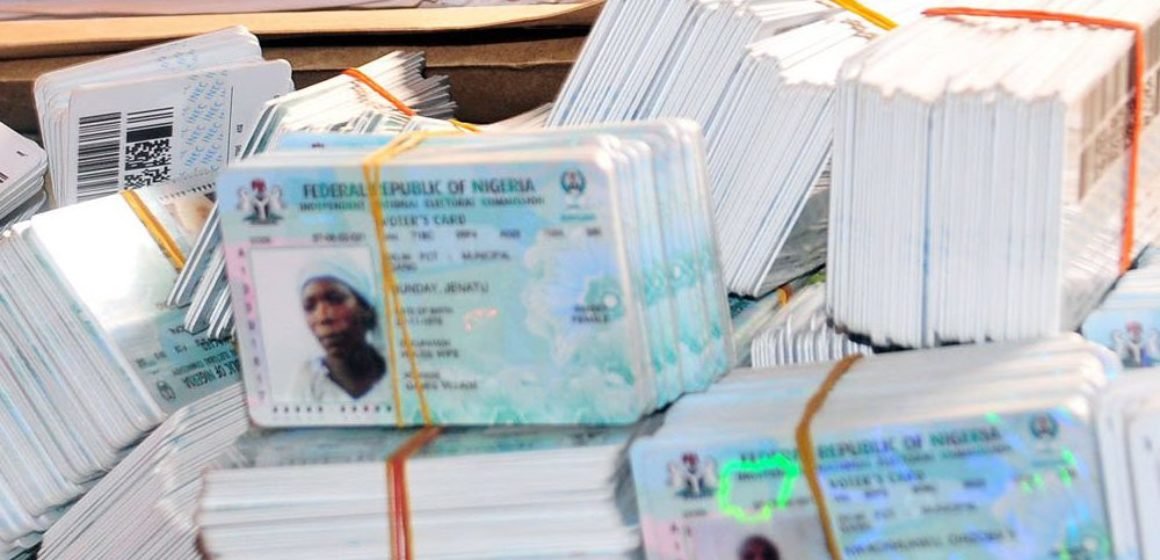Continuous Voters Registration (CVR): 10 Important Things to Note
In preparation for the 2023 General Elections; the Independent National Electoral Commission (INEC) resumed Continuous Voters Registration (CVR) nationwide on June 28th.
Here are 10 things you should know about the exercise:
1. CVR is for Nigerians 18 years and above
The CVR is for Nigerians who were 18 years old when the last exercise was held in 2018; as well as those who never registered but are over the constitutionally allowed age limit. This means that anyone over the age of 18 who has never registered before is eligible for this CVR.
2. The exercise will last for one year
The exercise will be conducted continuously for at least a year and will last until the third quarter of 2022; both online and at the commission’s provided centers.
3. No eligible Nigerian would be denied the right to vote
According to INEC chairman Mahmood Yakubu; he said at least 5,346 INEC officers will be deployed to 2,673 centers across the country for this exercise. He also stated that, no eligible Nigerian would be denied the right to vote.
4. Portal for online registration
Last week, INEC launched a dedicated portal for online registration for the exercise. This is in contrast to previous years; when prospective voters had to queue in various locations to register and obtain voter registration cards. However, INEC stated that it plans to add at least 20 million new voters to its existing voter base.
5. Online registration is ongoing
The newly launched portal will allow Nigerians to begin the registration process online; by filling out the forms and other documents; then scheduling an appointment on the web portal for a date and time to visit an INEC State or Local Government Area (LGA) office; to provide their fingerprints and complete the registration.
6. Enhanced registration using IVED against DDCM
In place of the previous laptop-based Direct Data Capture Machine (DDCM); the 2021 CVR exercise will use a new registration machine known as the INEC Voter Enrolment Device (IVED). However, the INEC chairman said that the device could also be used for other purposes; such as voter registration during elections; as well as registered voters who have had issues with their Permanent Voters’ Cards (PVC); or fingerprints during accreditation for any previous election which is more portable and user-friendly than the previous device.
7. Provision for rural areas
To satisfy the fears of those who are not digitally inclined, physically disabled; or people living in rural areas without access to the internet, the commission has established 2,673 centers where citizens can register manually.
8. Easy transfer of voting location online
Additionally, those who are already registered as voters can carry out all other activities online, such as transferring voting locations from one location to another, correcting personal information, and replacing damaged or defaced Permanent Voters’ Cards (PVCs).
9. 2019 general election
The most recent exercise took place in 2018, just before the 2019 General Elections. At the conclusion of that process, Mr Yakubu confirmed in January 2019 that 84,004,084 Nigerians had been officially registered for the 2019 General Elections.
10. CVR cancellation because of COVID-19
Originally scheduled for the first quarter of 2020, the CVR exercise was cancelled due to the outbreak of the COVID-19 pandemic.
However, if INEC achieves its projected 20 million new voters in addition to the existing 84 million voters in 2019, Nigeria, Africa’s most populous country, will have a voting population of at least 124 million for the 2023 General Elections.
For this and much more Information relating to employability skills, employment opportunities, career advancement, and entrepreneurship development; Join our Telegram and WhatsApp groups, and also follow us on Instagram, Twitter and Facebook77




July 5, 2021 @ 2:09 pm
Enim asperiores et ut in quia. Et nam dolor sit ipsam totam non. Ratione rerum dolorum similique.